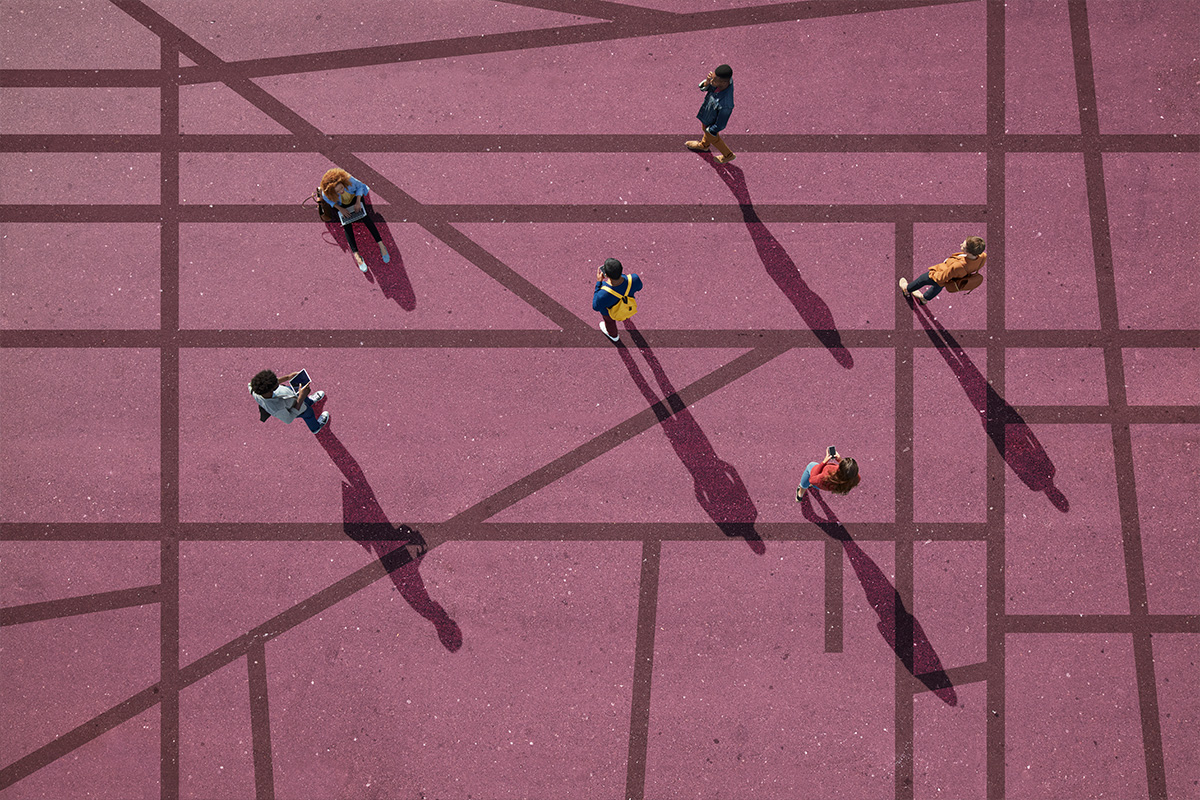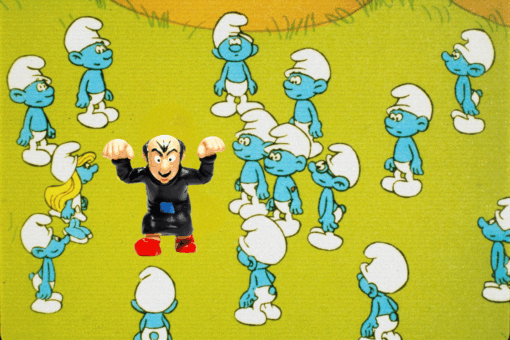Throughout most of my childhood in an interfaith family, Judaism was never more than smearing Bubbe’s charoset on a matzah cracker or pulling our handmade clay menorah from the attic once a year. Religious education wasn’t a regular practice in our secular household, and I never truly understood the core facets of Jewish spirituality until I sought them out on my own accord in the later years of high school.
However, when I moved into college one month ago, this lackluster connection to Judaism flipped upside down. Faced with an entirely blank slate and devoid of the communities that once formed my central routine at home, Jewishness has shifted from a background actor in my identity to center stage — no longer an occasional side hobby, but an essential practice.
I approached my first on-campus Shabbat service reluctantly, expecting to face the same barriers I always experienced because of my lack of Hebrew school education and fewer stable religious traditions than my peers. On the contrary, I found myself calmed by the warm familiarity of words, tunes and rhythms that I recognized like an old friend. Sparkling grape juice settled my nerves as I joined in for the chorus of “Hinei Mah Tov” as if I had just picked up where I left off. This communal space quickly and naturally became a haven within the chaos of all other aspects of college life, a new trend for an insecure Jew like myself.
Towards the start of the academic year, I stepped out of my comfort zone and applied to a Jewish learning fellowship on campus. At our first meeting, as I perused our Judaic texts for the week, the character of Rabbi Akiva seemed to jump off the page and look me in the eyes.
The story focuses on a previously illiterate rabbi that never received any formal education until his 40s, yet nevertheless immediately entered the sphere of learning, both secular and Judaic, fueled by a genuine desire to further his own understanding. I read on as Rabbi Akiva displayed an unwavering humility, curiosity and unapologetic enthusiasm to remedy his own ignorance and consume the lessons, morals and stories he had so long missed out on.
Not only does Rabbi Akiva approach education with a humble thirst for knowledge, but he expresses an insatiable wonder and desire to ask not just what, but why, challenging the traditional structures of acceptance and failing to take “because this is how it has always been” as an answer. “This aleph, why is it written?” he asks his teachers. “Why is this thing said?” I had never comprehended that Jewish learning was a two-way process, one built not just upon our awareness of tradition and custom, but our willingness to question it.
Rabbi Akiva’s narrative seemed to mirror my own uncertainty and occasional doubt in my connection to traditional Jewish faith, and I read in awe of his raw dedication to learning and the childlike hunger he maintained for Judaic intellect. His inquiries inspired me to reframe what I previously viewed as archaically inaccessible as malleable to individual circumstances and capable of being questioned, examined and even subverted. Jewish learning is meant to be collaborative, and my own stance as a less formally educated Jew need not be a barrier to my entrance, he seemed to echo.
Rabbi Akiva gently reminded me to reframe my own insecurity as opportunity, to replace my guilt with determination, and to shift from feeling as though I’d fallen behind to recognizing the community that guided me to move forward.
Moving to college made me feel more Jewish than I ever have before, but, while unfamiliar and uncertain, that’s not a bad thing. So, whether for Rabbi Akiva or for myself, I move forward with furthering my spiritual identity — questions, doubts and curiosity strapped in for the ride — and I remember that it’s truly never too late to start anew.



